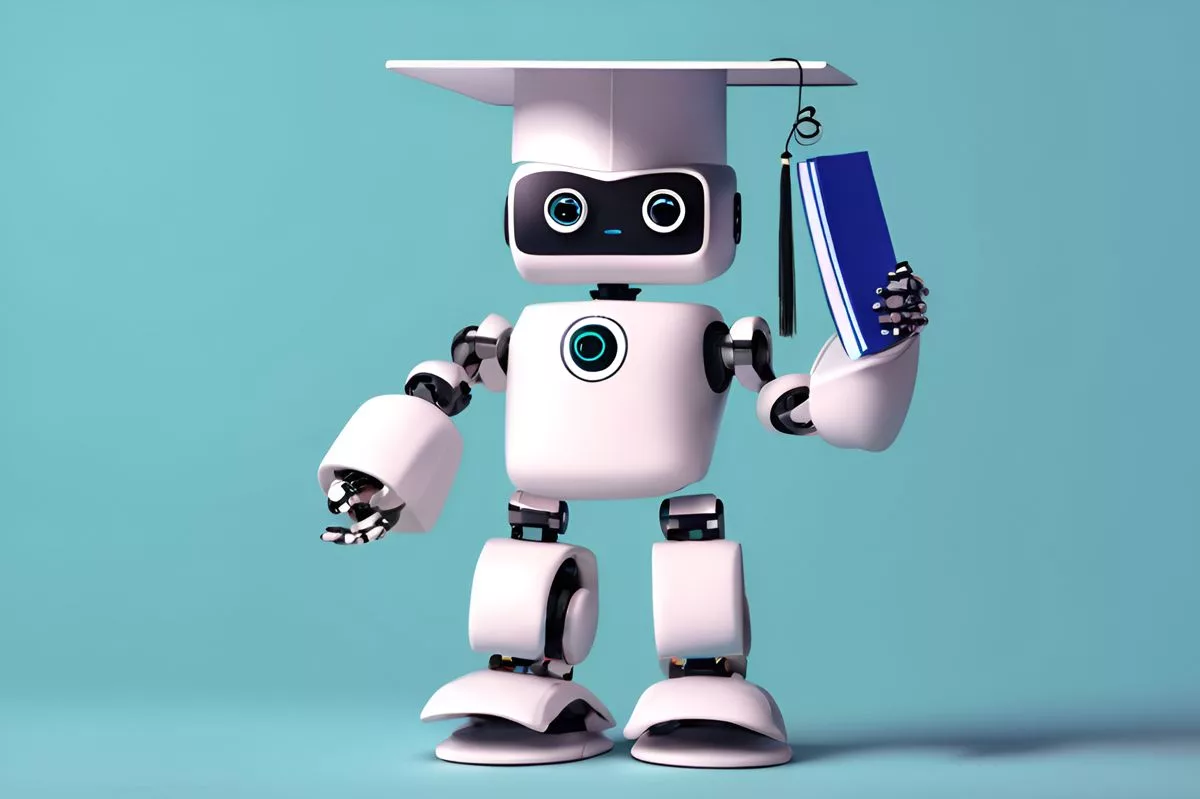The University of South Africa (Unisa) is facing controversy over the alleged misuse of AI during exams. Despite the ban on the use of ChatGPT, an AI tool, during assessments, it was allegedly used in exam papers, leading to an academic uproar. Meanwhile, other institutions like CPUT, UWC, SU, and UCT are exploring ethical AI applications in education, establishing guidelines and training programs to advance teaching, learning, and research methods. While the controversy highlights the need for careful steering through the ethics of AI in education, institutions are working to establish standards for others to emulate.
What is the controversy surrounding AI in Unisa?
The alleged misuse of AI during exams at the University of South Africa (Unisa) has ignited controversy and inquiry. The use of ChatGPT, an AI tool, in exam papers despite its ban during assessments has stirred an academic uproar. Meanwhile, institutions like CPUT, UWC, SU, and UCT are exploring how to use AI ethically to advance teaching, learning, and research methods. They are establishing standards for ethical AI application in education that others can emulate.
AI Controversy in Unisa
Artificial Intelligence (AI) technology has been pushing the boundaries in education sectors worldwide. Recently, a case at the University of South Africa (Unisa) involving the alleged misuse of AI during exams has ignited controversy and inquiry. This incident has triggered an interesting conversation about the ethical dimensions of AI in academic environments and has impelled other educational institutions to reassess their own AI guidelines and training schemes.
Central to this controversy is the alleged use of ChatGPT, an AI tool, in the exam papers of Unisa students despite its ban during assessments. This development has stirred an academic uproar, with the university keeping mum on the accusations. Concurrently, it is suspected that hundreds of students may face disciplinary proceedings due to the suspected inappropriate use of AI tools.
The Positive Impact of AI in Education
Despite the ongoing scandal, the potential of AI as a valuable resource in education continues to shine. Institutions located in the Western Cape are actively investigating how to ethically exploit AI to advance teaching, learning, and research methods. The Cape Peninsula University of Technology (CPUT) is leading the charge in this endeavor.
Top officials and scholars at CPUT are immersing themselves in the rapidly increasing role of AI in educational environments and studying its ethical repercussions. As stated by Lauren Kansley, a spokesperson for CPUT, the university is pondering over how AI can be employed effectively to enhance teaching and learning experiences. The establishment’s dedication to AI is manifested in their partnership with Microsoft AI University, where around 40 faculty members from the Faculty of Engineering and Built Environment are enrolled in an AI Engineer certification program.
AI in Other Institutions
The University of the Western Cape (UWC) is also making headway in the field of AI. The establishment is actively formulating AI utilization rules and guidelines, as revealed by Gasant Abarder, the university’s marketing and media manager. UWC already features a robust Learning Management System that identifies plagiarism and observes the use of AI tools, thereby bolstering the establishment against unethical AI practices.
At Stellenbosch University (SU), the use of AI is governed by department-specific regulations, with systems deployed to oversee these practices. Phiwokuhle Qabaka, SU’s Student Representative Council (SRC) president, claims it is the university’s responsibility to enlighten students about the ethical application of AI tools, instead of ignoring their presence.
On the other hand, the University of Cape Town (UCT) permits the use of AI within strictly outlined boundaries. UCT spokesperson Elijah Moholola asserts that the university takes a proactive approach in educating students about approved AI practices. Any cases of unauthorized usage are referred to the Student Disciplinary Tribunal for resolution.
In summary, the ethical implementation of AI in higher education is a multi-faceted issue that demands meticulous steering. Institutions like CPUT, UWC, SU, and UCT are paving the path, manifesting a dedication to ethical AI application while tackling the problems it poses. As these institutions continue to explore and adapt, they are sculpting the future of AI application in education, establishing standards others can emulate.
1. What is the controversy surrounding AI at Unisa?
The controversy surrounding AI at Unisa involves the alleged misuse of ChatGPT, an AI tool, during exams despite its ban during assessments, leading to an academic uproar and inquiry.
2. How are other institutions like CPUT, UWC, SU, and UCT exploring ethical AI applications in education?
Institutions like CPUT, UWC, SU, and UCT are exploring ethical AI applications in education by establishing guidelines and training programs to advance teaching, learning, and research methods. They are also formulating AI utilization rules and regulations to ensure ethical AI practices.
3. What is CPUT doing to advance the use of AI in education?
CPUT is actively investigating how to ethically exploit AI to advance teaching, learning, and research methods. They have partnered with Microsoft AI University, where around 40 faculty members from the Faculty of Engineering and Built Environment are enrolled in an AI Engineer certification program.
4. How is UWC bolstering itself against unethical AI practices?
UWC features a robust Learning Management System that identifies plagiarism and observes the use of AI tools, thereby bolstering the establishment against unethical AI practices. They are also formulating AI utilization rules and guidelines.
5. How is AI usage governed at SU?
The use of AI is governed by department-specific regulations at SU, with systems deployed to oversee these practices. The university also emphasizes the importance of educating students about the ethical application of AI tools.
6. How does UCT approach the use of AI in education?
UCT permits the use of AI within strictly outlined boundaries. The university takes a proactive approach in educating students about approved AI practices and refers any cases of unauthorized usage to the Student Disciplinary Tribunal for resolution.











